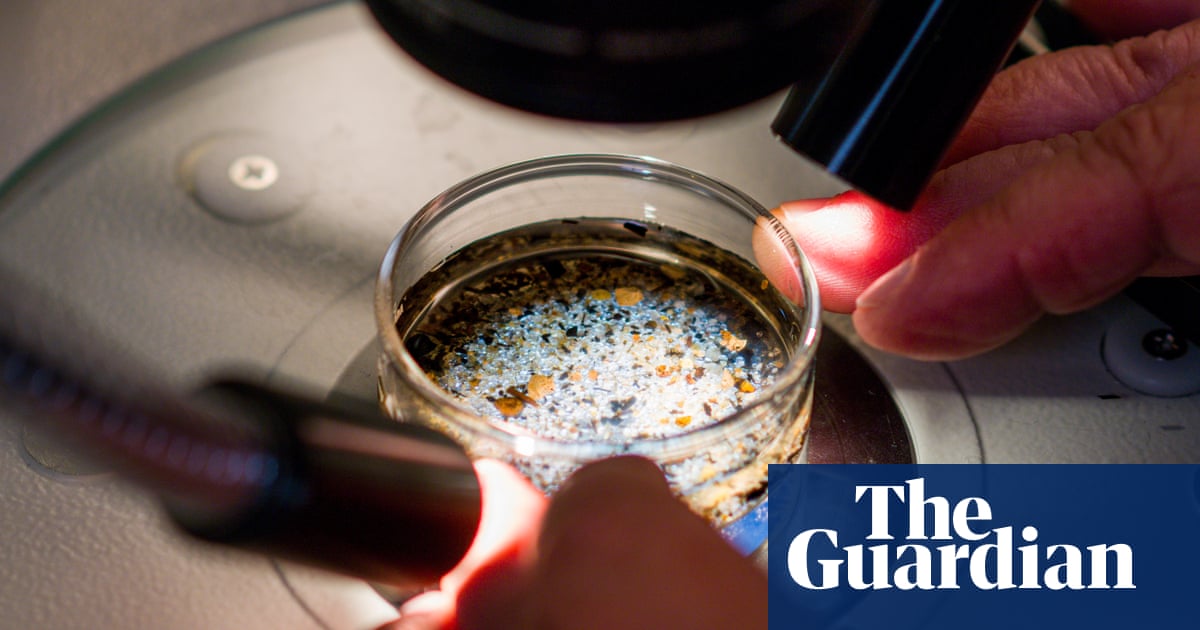Ximena Solorzano, Staff Photographer
Yale experts are expressing their mixed feelings about Robert F. Kennedy Jr.’s appointment as Secretary of Health and Human Services (HHS). Many are worried about the potential impacts of his views on public health.
Kennedy has been an outspoken critic of pharmaceutical companies. His new role gives him a chance to influence national healthcare policies. His “Make America Healthy Again” initiative aims to tackle chronic diseases, limit corporate influence, and promote healthier food options. However, his skepticism about vaccines and regulatory bodies has raised concerns. Experts fear his approach could erode public trust and lead to lower vaccination rates.
Nicola Hawley, a professor at the School of Public Health, shared her fears that Kennedy’s anti-science rhetoric could undermine critical public health efforts.
In the U.S., healthcare spending is the highest globally, yet outcomes like life expectancy and maternal health lag. The Commonwealth Fund reports the U.S. spends more than double what other high-income countries do but faces rising rates of obesity and preventable deaths.
For example, diabetes affects one in five adults over 65 in New Haven, and nearly a third of adults in Connecticut have high blood pressure. Kennedy blames these issues on a healthcare system that favors expensive treatments over prevention.
His plans include banning ultra-processed foods in schools and institutions. These foods, like chips and sodas, are often linked to obesity and diabetes. Hawley suggests that removing them from school menus could improve children’s health. However, she also cautions against some of Kennedy’s misinformed views on nutrition, such as the idea that food dyes cause ADHD.
Kennedy has raised important points about corporate influences on public health agencies like the CDC and FDA. Industry lobbying can lead to regulations that benefit corporations rather than public health. Some experts believe Kennedy should focus on transparency in these agencies without undermining them.
An area of major concern is Kennedy’s controversial position on vaccines. Though he has not called for a ban, he’s questioned vaccine safety, making claims that have been widely disproven. Experts warn that easing vaccine mandates could lead to a drop in immunization rates and the resurgence of preventable diseases, which would strain healthcare resources.
Kennedy’s lack of medical expertise, demonstrated during his Senate confirmation hearing, raises questions about his ability to lead effectively. Experts agree he has innovative ideas but caution that his rejection of scientific evidence might hinder progress.
As the new Secretary of HHS, Kennedy carries significant power over America’s health policy. While concerns loom about his potential impact, there’s hope that he might adjust his approach to prioritize science and public health.
On February 13, RFK Jr. was officially sworn in as the 26th Secretary of HHS. Despite the worries surrounding his appointment, the next four years will be crucial for America’s health landscape.






















